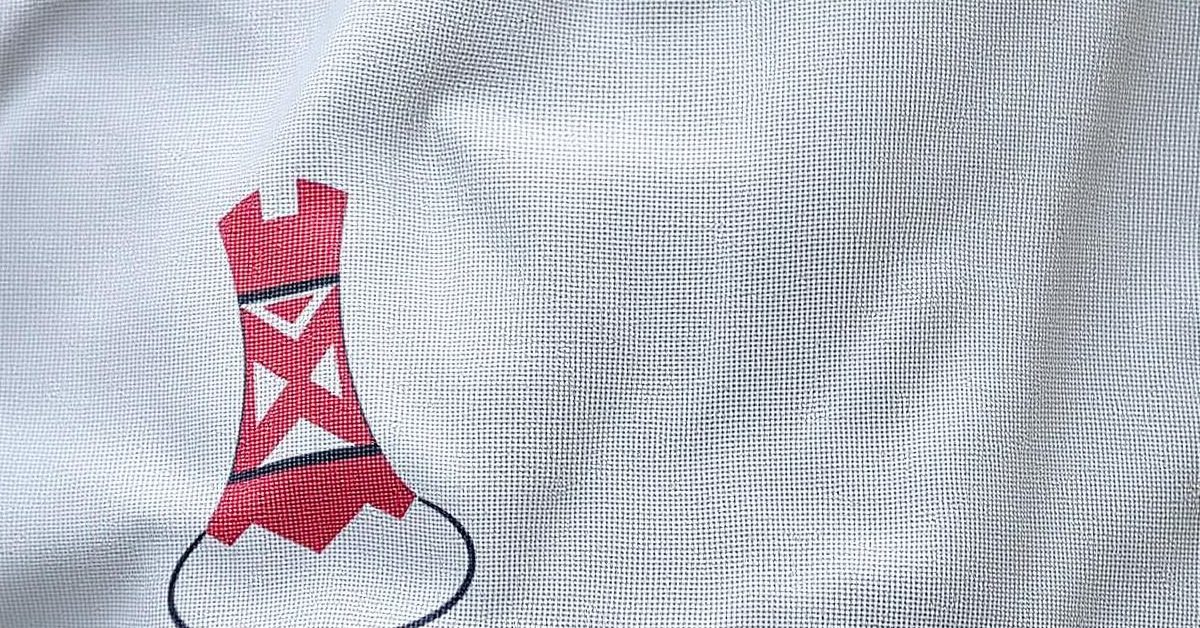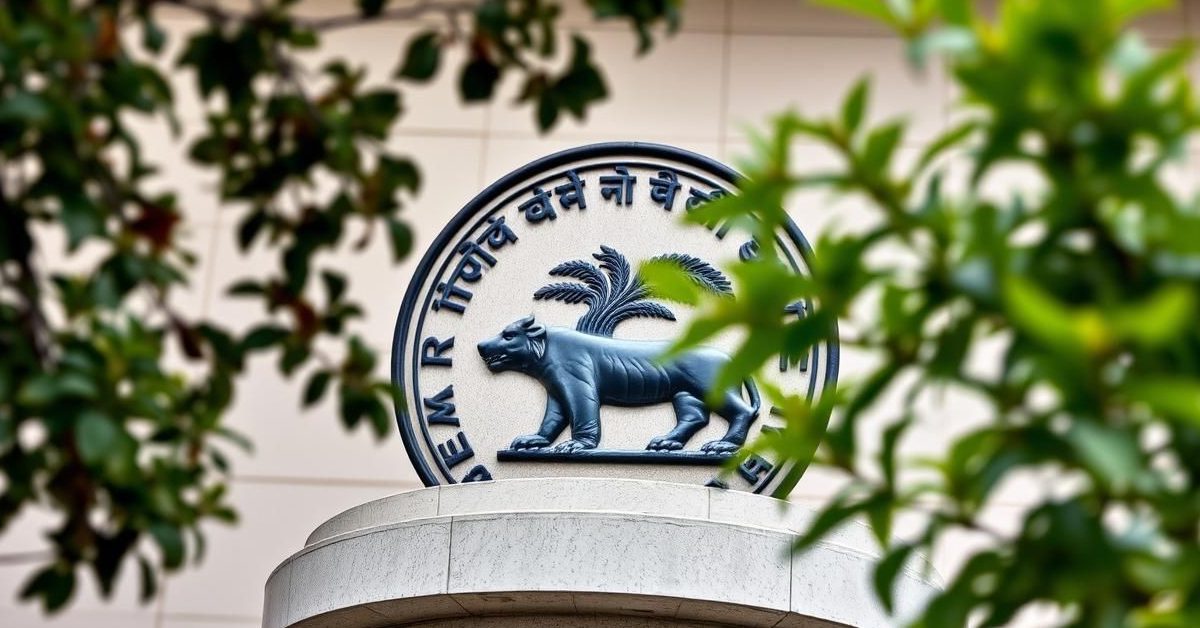India’s Commerce Secretary Sunil Barthwal has clarified that India is not a ‘tariff king,’ emphasizing that the upcoming trade deal with the UK will significantly reduce average tariffs on Indian exports to 3 percent.
Paving the Way for Lower Tariffs
Commerce Secretary Sunil Barthwal recently stated that India is well-prepared to face global competition. He highlighted that the average tariffs for Indian products entering the UK are set to dramatically drop to just 3 percent, a sharp decrease from the current 15 percent.
Barthwal noted that the trade deal strikes a good balance between the strengths and sensitivities of both nations. The government plans to train exporters, helping them make the most of the tariff concessions secured in the UK trade agreement.
Unlocking Export Potential
Significant concessions have been achieved for key sectors like textiles, leather, and footwear, where tariffs were previously as high as 70 percent. This new agreement opens doors for these industries to boost their exports to the UK.
Concerns about product dumping are being addressed through robust rules of origin and specific product regulations built into the deal. This ensures fair trade and protects domestic industries.
Boosting Labour-Intensive Sectors
Indian officials anticipate a major boost for labour-intensive sectors such as textiles, gems and jewellery, leather, footwear, machinery, pharmaceuticals, and processed foods. These sectors are expected to gain a competitive edge with duty-free access to the UK market.
The UK market is also opening up duty-free for almost all Indian agricultural exports, with only a few exceptions like pork, chicken, eggs, rice, and sugar. This presents a substantial opportunity for Indian farmers and agri-entrepreneurs.
Safeguarding Domestic Interests
India has taken careful steps to protect its sensitive sectors, including dairy, cereals, pulses, and various vegetables. High-value items like gold, jewellery, lab-grown diamonds, and certain essential oils also remain safeguarded.
While India has opened 89.5 percent of its tariff lines, covering 91 percent of the UK’s exports, only a quarter of the UK’s export value will immediately enjoy duty-free access. Strategically important products, particularly those under ‘Make in India’ and PLI initiatives, will see gradual tariff reductions over 5, 7, or even 10 years.
Significant Gains in Services and Mobility
The UK has offered India its most comprehensive free trade agreement in services, providing deep market access across 137 sub-sectors. India currently holds a trade surplus of around $6.6 billion with the UK, with exports totaling $19.8 billion and imports at $13.2 billion in FY25.
The UK’s commitments on mobility are also extensive. This includes assured mobility for various categories of individuals, such as business visitors for 90 days in any six-month period and Intra-Corporate Transferees, along with their dependents, for three years.
Opportunities in Government Procurement
Indian suppliers will now have a legal guarantee to participate in the UK’s government procurement market, which is valued at approximately $122 billion at the Central level. In return, India is opening up a market opportunity worth $114 billion.
For the first time, the UK has agreed to provide non-discriminatory treatment to Indian suppliers under its Social Value regime. India has also ensured a complete carve-out for its MSME preferential procurement policy, ensuring continued support for its small and medium enterprises.
- The trade deal will significantly lower average tariffs for Indian exports to the UK from 15% to 3%.
- Key Indian sectors like textiles, leather, and agri-exports will gain extensive duty-free access to the UK market.
- India has strategically protected sensitive domestic sectors and phased in concessions for vital products.
- The UK has offered India its most comprehensive deal in services, boosting mobility for business professionals.
This comprehensive trade agreement is set to enhance business certainty and foster stronger economic ties between India and the UK.














